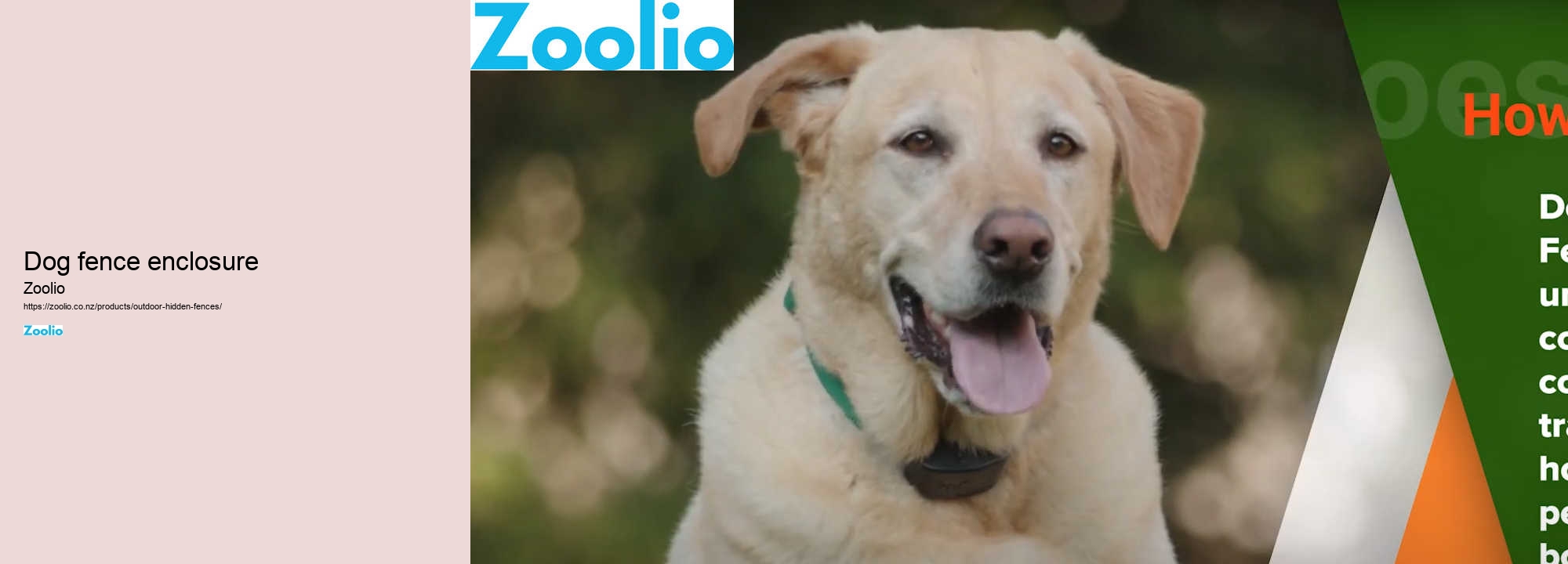
Unlike traditional above-ground fences that may obstruct views or clash with landscaping, the hidden fence blends seamlessly into the surroundings, maintaining the beauty of the outdoor space. Furthermore, the hidden fence system is easy to install and cost-effective compared to physical barriers. Its low maintenance requirements make it a practical choice for busy pet owners who seek a reliable containment solution without the hassle of constant repairs or upkeep.
An overview of pet containment technology reveals the advancements in ensuring the safety and freedom of our furry companions within designated areas. Modern pet containment systems utilize a combination of underground wiring, wireless signals, and advanced collars to create safe boundaries for pets without the need for physical fences.
One of the key technologies employed in pet containment systems is GPS tracking. Electric Hidden Dog fence New Zealand. This technology allows pet owners to set virtual boundaries for their pets and receive real-time notifications on their smartphones if their furry friends venture beyond these limits.
Another innovative feature in pet containment technology is the ability to customize boundaries according to the pet's size, breed, and temperament.
|
Zoolio Hidden Fences ✔️
|
|
🏠
|
|
Current address
|
| Address not provided |
|
🔗
|
|
Website
|
| http://www.zoolio.co.nz/ |
|
📞
|
|
Phone
|
| 274957473 |
|
✔️
|
|
Business status
|
| Claimed |
|
📍
|
|
Latitude/Longitude
|
| -36.568172,175.042864 |
|
🔖
|
|
Categories
|
| Pet trainer, Cat trainer, Dog trainer, Service establishment, Fence contractor |
|
🌎
|
|
Place ID
|
| ChIJbYIv05dNDW0RZhDvfizOOU4 |
|
📝
|
|
Knowledge Panel ID (KG ID)
|
| /g/11rfr1z95z |
|
➕
|
|
CID Number
|
| 5.63676E+18 |
|
🏢
|
|
Business Profile ID
|
| 1.21094E+19 |
| Other GMB details |
|
⭐
|
|
Review list display link
|
| https://search.google.com/local/reviews?placeid=ChIJbYIv05dNDW0RZhDvfizOOU4 |
|
👍
|
|
Review request link
|
| https://search.google.com/local/writereview?placeid=ChIJbYIv05dNDW0RZhDvfizOOU4 |
|
🧠
|
|
Knowledge Panel page link
|
| https://www.google.com/search?kgmid=/g/11rfr1z95z |
|
📘
|
|
GMB Post URL
|
| https://www.google.com/search?kgmid=/g/11rfr1z95z&uact=5#lpstate=pid:-1 |
|
🙋
|
|
Ask question request URL
|
| https://www.google.com/search?kgmid=/g/11rfr1z95z&uact=5#lpqa=a,,d,1 |
|
☝️
|
|
Questions and answers URL
|
| https://www.google.com/search?kgmid=/g/11rfr1z95z&uact=5#lpqa=d,2 |
|
🛒
|
|
Products
|
| https://www.google.com/search?kgmid=/g/11rfr1z95z#lpc=lpc |
|
💁
|
|
Services
|
| https://www.google.com/localservices/prolist?src=2&q=Zoolio%20Hidden%20Fences%20 |
|
📇
|
|
Other GMB's at same address
|
| Address not provided |
|
💻
|
|
GMB's with same website domain
|
| https://www.google.com/search?q=%22zoolio.co.nz%22&tbm=lcl |
|
⛓️
|
|
GMB link with Place ID
|
| https://www.google.com/maps/place/?q=place_id:ChIJbYIv05dNDW0RZhDvfizOOU4 |
|
🏹
|
|
GMB link with CID
|
| https://www.google.com/maps/place/?cid=5636763099134365798 |
Additionally, some systems offer options for indoor containment, giving pet owners flexibility in managing their pets' movements inside the house.
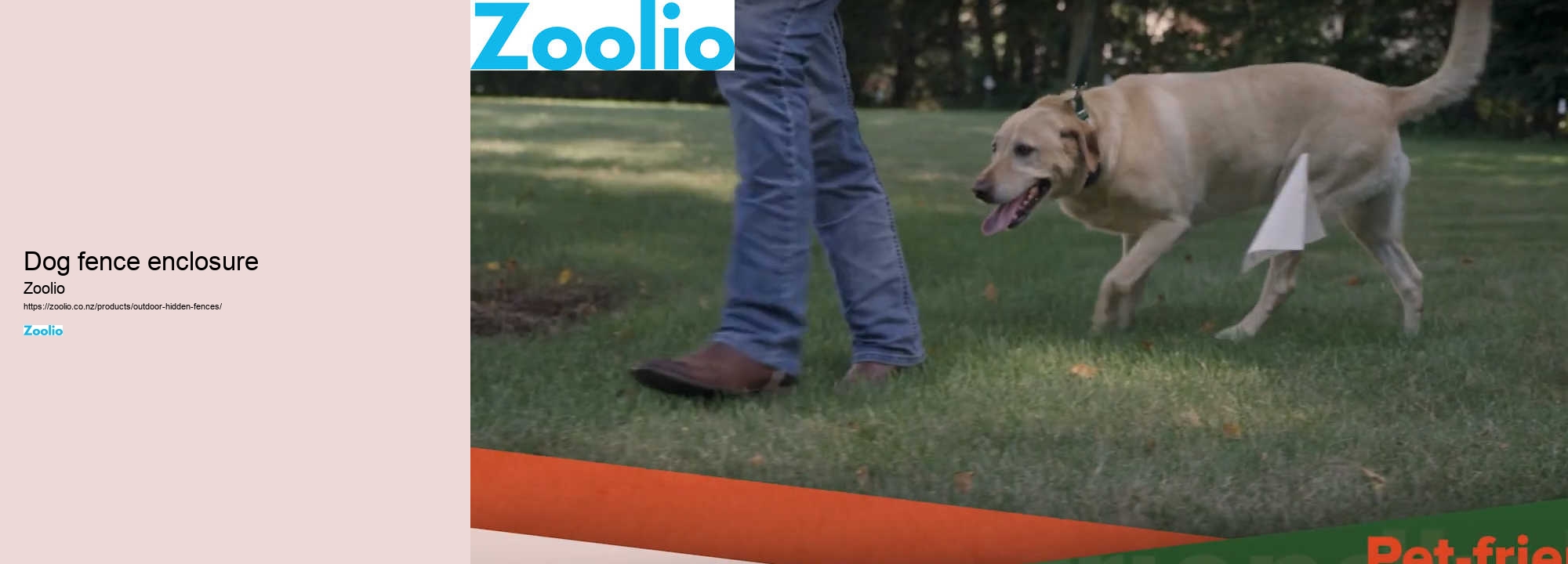
This could be around your yard or specific areas you want to keep your pet away from. Next, we suggest burying the boundary wire according to the guidelines provided. This wire will emit a signal that communicates with your pet's collar to establish the boundaries.
After setting up the wire, it's time to introduce your pet to the system. Put the special collar on your furry friend, making sure it fits snugly but comfortably.
During this training phase, the collar will emit a warning sound if your pet approaches the set limits. With consistent training and positive reinforcement, your pet will quickly learn to stay within the safe area.
Setting boundaries for your pet is essential in creating a safe environment both indoors and outdoors. pet When it comes to creating boundaries, consistency is key. By consistently reinforcing these boundaries, whether through training or physical barriers like a hidden fence system from Dog Fence by Zoolio, we can help our pets understand what areas are off-limits.
Some pets may be more curious or adventurous, making it vital to set stricter boundaries or provide additional supervision. By observing and adapting to our pet's unique characteristics, we can tailor the boundaries to suit their needs effectively.
Training your pet to respect boundaries such as not jumping on furniture or staying off certain areas of the yard can contribute to their overall safety and well-being. Observing our pet's behavior and tendencies helps us tailor training methods for their success.
Consistency is key in training our pets. When teaching new commands or boundaries, we must ensure that everyone in the household follows the same rules.
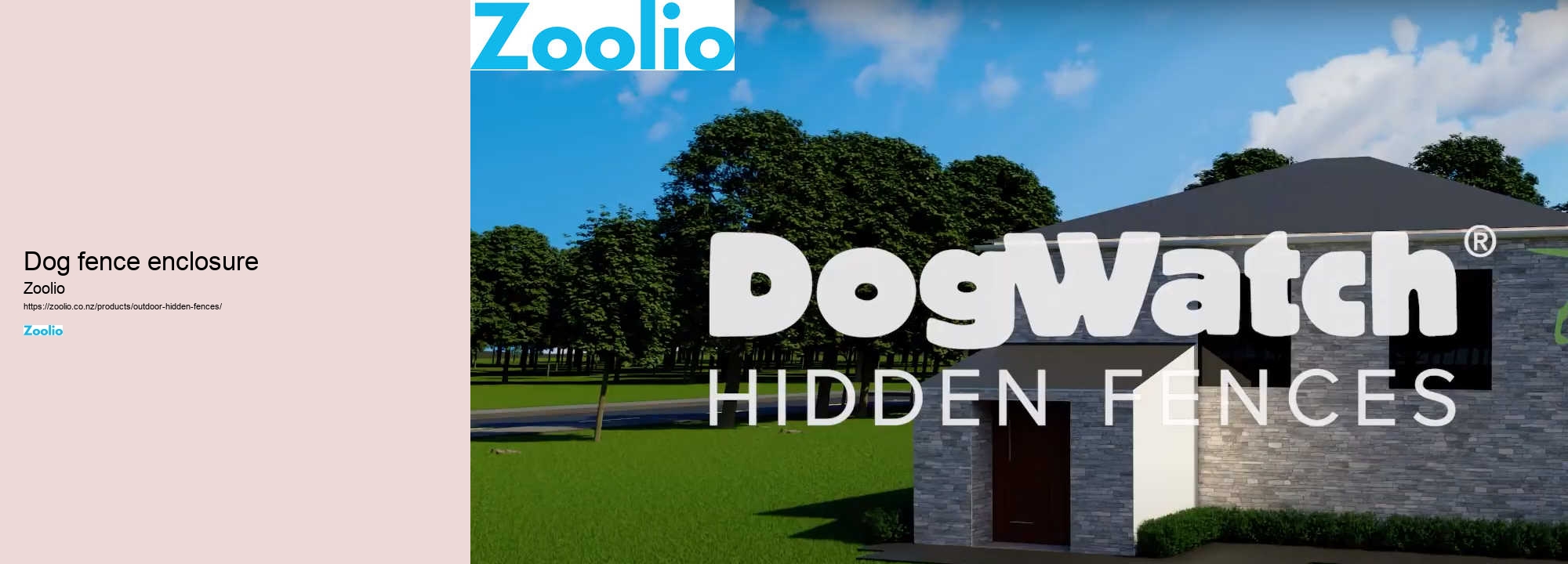
Mixed signals can confuse pets and hinder their progress. Positive reinforcement is a powerful tool in training. Rewarding good behavior with treats, praise, or playtime encourages our pets to repeat those actions.
Patience is essential when training our pets. Some lessons may take longer for them to grasp, but with persistence and encouragement, they can eventually succeed.
Short phrases like "sit," "stay," or "come" are easier for pets to understand and obey. Consistent practice in different environments helps solidify their training and ensures they can follow commands even when distractions are present.
With dedication and understanding, we can train our pets for success and create a harmonious relationship built on trust and mutual respect. When fine-tuning the boundaries for our pet's hidden fence system, it's crucial to consider their unique habits and tendencies.
Understanding how our furry friends behave can help us set the boundaries effectively to keep them safe and secure within the designated area. Observing their reactions to different stimuli, such as squirrels or other pets passing by, can guide us in adjusting the fence settings to deter them from crossing the line. To start adjusting the boundary settings, we first need to pay attention to any signs of hesitation or curiosity displayed by our pets near the fence line.
By gradually increasing or decreasing the boundary range based on our pet's reactions, we can create a safe space where they can roam freely without the risk of running off. Additionally, testing the collar receiver's sensitivity levels is essential in ensuring that our pets receive timely warnings when nearing the boundaries. Containment
Ultimately, by carefully adjusting the boundary settings to suit our pet's behavior, we can provide them with a secure environment where they can play and explore without any worries. Ensuring our pet's safety is paramount when utilizing the hidden fence system, requiring vigilant monitoring of their behavior within the designated boundaries.
Regularly observing their behavior can help us identify any signs of distress or confusion. By keeping an eye on them, we can intervene promptly if needed, ensuring their well-being.
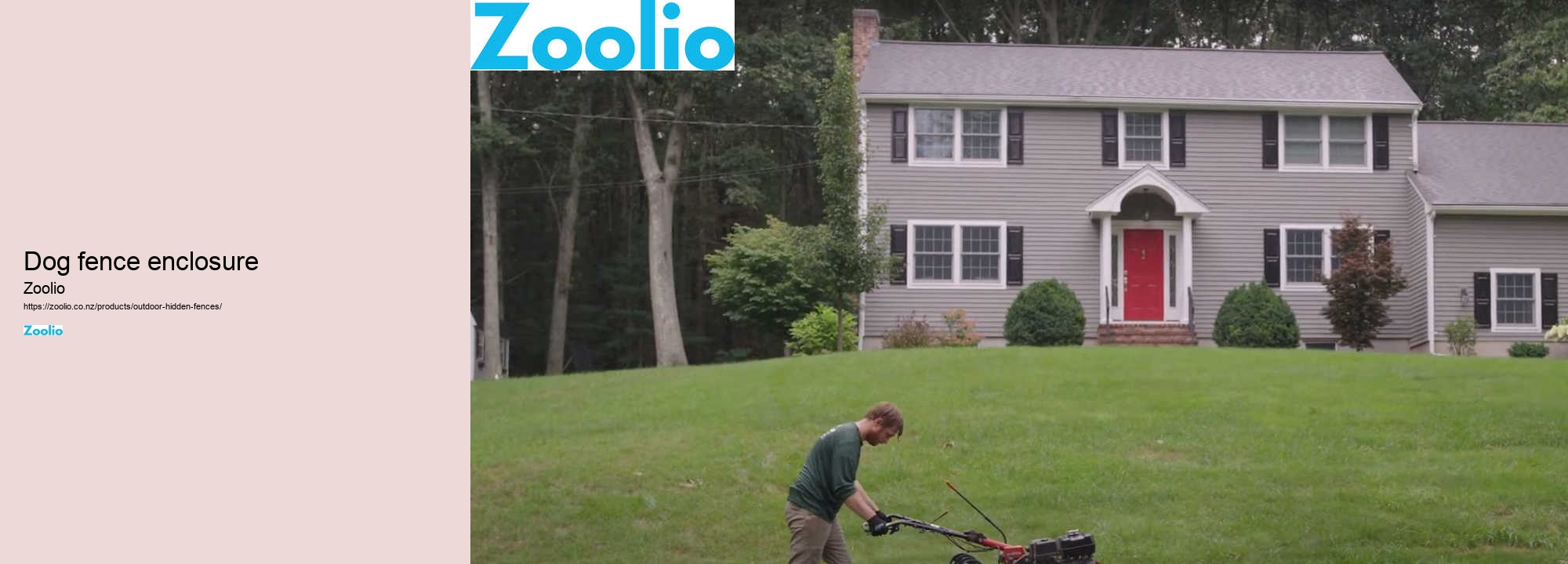
Additionally, it's essential to monitor how our pets respond to the warning signals emitted by the hidden fence system. Understanding their reactions can provide valuable insights into whether they comprehend the boundaries set for them. If our pets consistently ignore the warnings or seem unsure about the limits, we may need to reassess the training or adjust the boundary settings accordingly.
Ensuring that the collar batteries are charged, the boundary signal is strong, and the receiver collar fits properly is crucial for the system to work effectively. Regular maintenance and testing can help prevent any malfunctions that could compromise our pet's safety.
Keeping the hidden fence system well-maintained is crucial for its effectiveness and durability. Here are some key maintenance tips to help ensure the longevity of your hidden fence system.
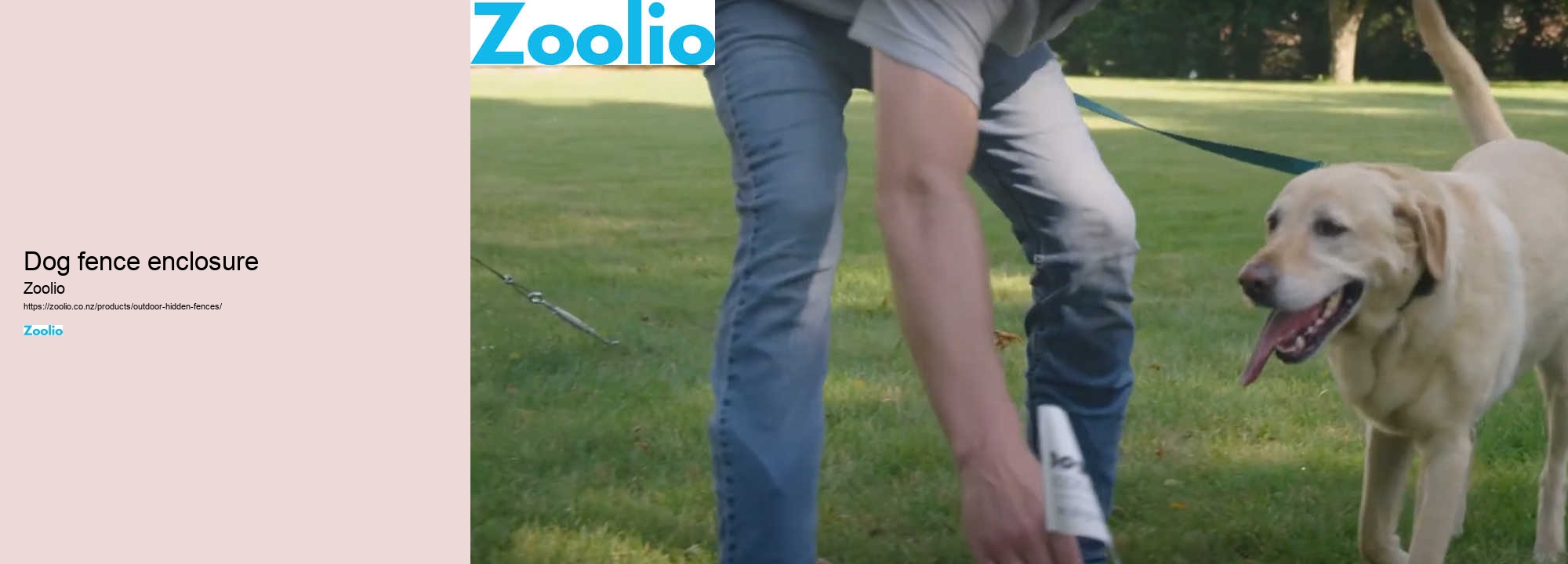
It's not recommended unless contained by a hidden or physical fence and supervised.
Typically, 3 to 6 inches (about 7.5 to 15 cm) is sufficient for hidden fences.
For physical fences, 60 cm deep; hidden fences can be 1-3 cm underground or even above ground.
For physical fences, at least 60 cm deep to prevent digging; hidden fences don't require burial but can be placed 1-3 cm underground.
Wired systems are more reliable for creating precise boundaries, while wireless is easier to install but may have signal issues.